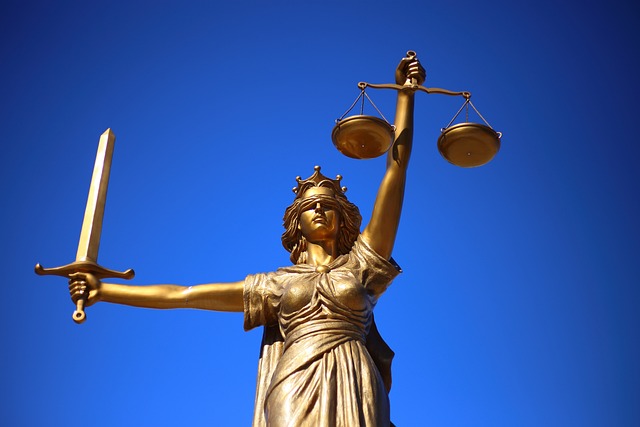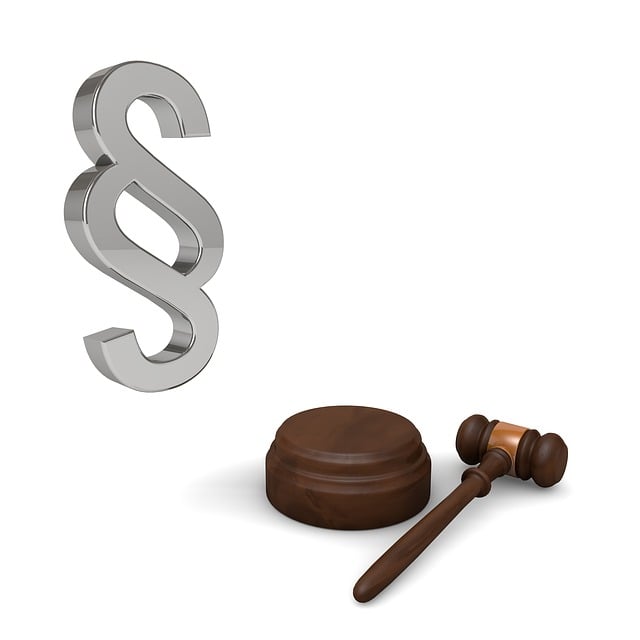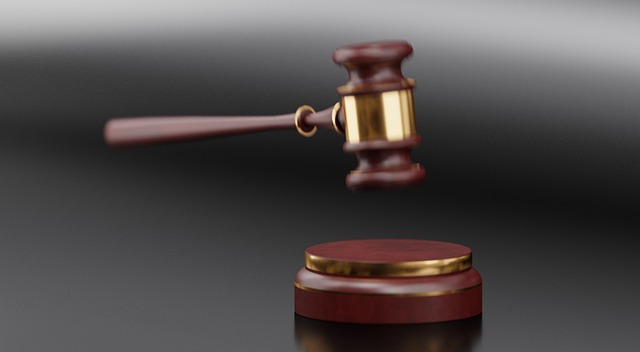Navigating Environmental Regulations Litigation requires a strategic approach combining legal expertise and business acumen. To successfully defend against environmental accusations, understand jurisdiction-specific regulations, stay informed about changes, conduct thorough due diligence, implement robust internal protocols, and promptly address alleged breaches. Proactive measures like these can lead to the dismissal of charges, minimizing operational and reputational impacts. Learn how to master this process for both corporate and individual clients through comprehensive knowledge and strategic defense strategies.
“Uncovering the intricacies of Criminal Law’s environmental angle, this comprehensive guide delves into navigating complex regulation disputes. From understanding the legal framework surrounding environmental litigation to mastering strategies for effective resolution, we demystify a critical aspect of criminal justice.
Key topics include deciphering environmental regulations, exploring the legal avenues in criminal cases, and providing practical tips for successful dispute management. Learn how to approach these cases with efficiency and precision using proven techniques.”
- Understanding Environmental Regulations and Their Breach
- The Legal Framework for Environmental Litigation in Criminal Cases
- Strategies for Navigating and Resolving Environmental Regulation Disputes Effectively
Understanding Environmental Regulations and Their Breach
Navigating Environmental Regulations Litigation requires a deep understanding of the laws and their applications. Businesses and individuals alike must be aware of their obligations to protect the environment, as violations can lead to severe legal consequences. Environmental regulations cover various aspects, from pollution control to waste management, and non-compliance can result in fines, penalties, and even criminal charges in high-stakes cases across the country.
To successfully defend against such accusations, it’s crucial to have a comprehensive grasp of the regulatory framework. This includes staying informed about updates, seeking expert advice when necessary, and implementing robust internal protocols. In the event of an alleged breach, promptly assessing the situation and taking corrective actions can often lead to the complete dismissal of all charges, ensuring minimal impact on operations and reputation.
The Legal Framework for Environmental Litigation in Criminal Cases
In the realm of criminal law, environmental litigation is a complex landscape that requires a nuanced understanding of both the legal framework and the specific regulations governing pollution and ecological preservation. The process involves navigating intricate rules and guidelines designed to hold perpetrators accountable for environmental crimes. These cases often revolve around how to effectively implement and enforce these regulations, especially when dealing with corporate and individual clients accused of offenses such as water pollution, air quality violations, or hazardous waste management issues.
To successfully navigate this type of litigation, legal professionals must be well-versed in the relevant laws and statutes, which vary by jurisdiction. Environmental regulations are designed to protect public health and the ecosystem at large. In many instances, these cases culminate in jury trials where the burden of proof lies on the prosecution to demonstrate beyond a reasonable doubt that the accused has indeed violated environmental standards. A general criminal defense strategy might include challenging the evidence, questioning expert witnesses, and presenting mitigating circumstances to achieve an acquittal or reduced sentence for corporate and individual clients alike.
Strategies for Navigating and Resolving Environmental Regulation Disputes Effectively
Navigating environmental regulation disputes requires a strategic approach that balances legal acumen with an understanding of the respective business and its interests. For both corporate and individual clients, the key lies in proactive risk management. This includes adhering to changing regulations, conducting thorough due diligence, and implementing robust internal controls to ensure compliance from the outset. A robust white-collar defense strategy involves staying informed about emerging environmental laws and industry best practices, enabling businesses to anticipate potential issues.
Effective resolution demands a multifaceted approach. First, identify the root cause of non-compliance. Is it operational lapses or regulatory misinterpretation? Next, assess the severity of the breach. Mitigate harm through immediate corrective actions and transparent communication with regulatory bodies. Negotiate settlements where feasible, leveraging expertise in environmental law to secure favorable terms that protect both the client’s interests and the environment.
Environmental regulation disputes, often complex and multifaceted, require a thorough understanding of both ecological principles and legal frameworks. By familiarizing themselves with these aspects, legal professionals can effectively navigate the challenges presented in criminal law cases involving environmental breaches. Implementing strategic approaches outlined in this article—from comprehending regulatory nuances to exploring resolution methods—is key to ensuring just outcomes while fostering sustainable practices. Mastering these skills is not only beneficial for achieving positive case resolutions but also contributes to a more robust and environmentally conscious legal system.






